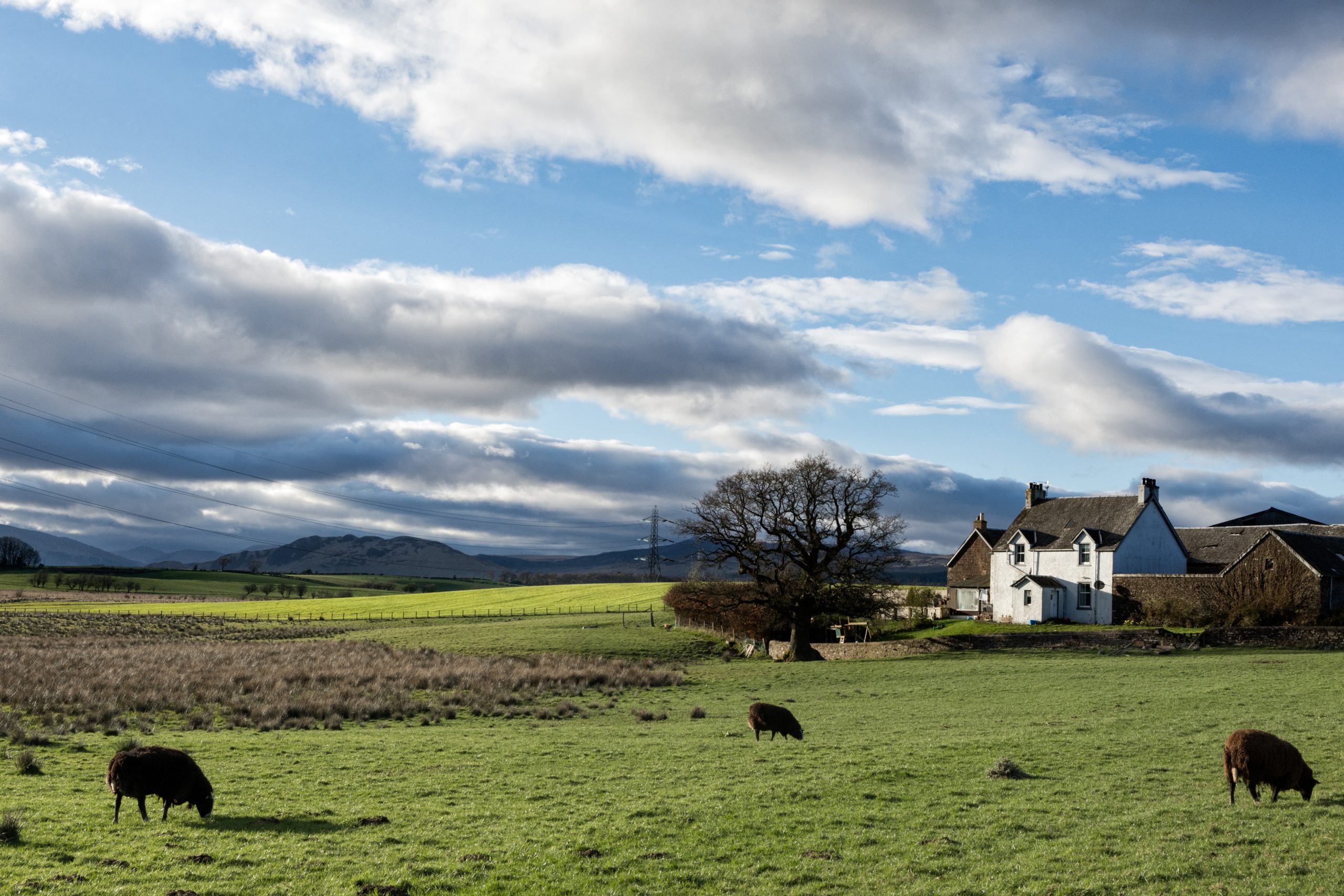
Community in Real-Time
Nature attracts seekers
Henry David Thoreau went to the woods because he “wished to live deliberately, to front only the essential facts of life…” It is interesting that he thought he could only do this in nature, not in a city or populated place. Was it because there would be fewer distractions, or because confronting the essence of life was easiest when immersed in the life cycle of nature, or because he was pared down to only what is necessary to survive? Regardless, he is the epitome of the American bucolic desire for meaning and connection and the tendency to believe nature will provide it.
In a contemporary version of this journey, Janisse Ray has moved to Altamaha, Georgia with her family to inhabit a farm. She describes her experience in the essay The Lonely Ruralist. While she is attuned to the beauty of her surroundings and the wonder of nature and its vagaries, what she is missing are people. And people are missing because the rural way of life has decreased significantly in the 20th century. “The rural emptied out, fell apart.”
“We judge our aliveness by our relationships with others…”
Unlike Thoreau who wished for solitude in nature, Janisse Ray went looking for a sense of deeper community that comes from a small town. But with only four members to attend church services one Sunday a month, that isn’t filling her need. She notes our connectedness through technology, even when isolated and distanced, but that is the other end of the spectrum. There is a need to be a part of something real and outside of an individual life.
Living between contradictions
Heather King is another example of someone “who craves quiet and solitude…” but rather than seeking it in nature, she finds it in a busy section of Los Angeles, which seems like an unusual feat. How do you put roots down where you are if it’s impeded by concrete? Even she questions (but ultimately welcomes) the contradiction between “community and solitude.” Her essay The Closest to Love We Ever Get is attempting to answer the same question as Janisse Ray, but she offers a different perspective that includes blaring car horns and blasting leaf blowers and spray-painted gang slogans.
“…where I was and that I was became enough…”
Despite different experiences in different settings, both women come to similar understandings. We cannot exist in isolation if we seek meaning. Where we are can influence that, but ultimately it is attitude and acceptance of our physical and spiritual location, and actively engaging with that space and those that inhabit it that gives us our sense of purpose. Even Thoreau returned to ‘civilization.’ “I left the woods for as good a reason as I went there. Perhaps it seemed to me that I had several more lives to live, and could not spare any more time for that one.” Life offers us lives, some time-dependent, some space-dependent, but all up to us to embrace.